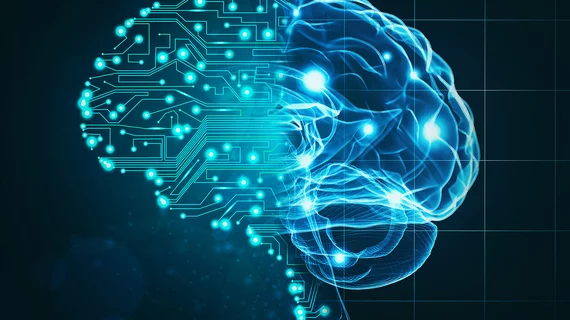Machine learning analyzes MRIs to identify schizophrenia with 78% accuracy
Researchers have shown that machine learning can identify if a patient has schizophrenia by analyzing an MRI of their brain, according to a new study published in Molecular Psychiatry.
After the algorithm studied MRIs of patients with and without schizophrenia, the authors found it could successfully identify which patients had the disorder at a rate of 78 percent. The algorithm also predicted which patients would respond positively to being treated with risperidone at a rate of 82 percent. The key was examining connections in the brain’s superior temporal cortex to other parts of the brain.
“This is the first step, but ultimately we hope to find reliable biomarkers that can predict schizophrenia before the symptoms show up,” author Bo Cao, an assistant professor of psychiatry at the University of Alabama, said in a news release. “We also want to use machine learning to optimize a patient's treatment plan. It wouldn't replace the doctor. In the future, with the help of machine learning, if the doctor can select the best medicine or procedure for a specific patient at the first visit, it would be a good step forward.”
Cao added that he wants his team’s research to extend to other mental illnesses as well, including “major depressive and bipolar disorders.”
“It will be a joint effort of the patients, psychiatrists, neuroscientists, computer scientists and researchers in other disciplines to build better tools for precise mental health,” he said in the same news release.

